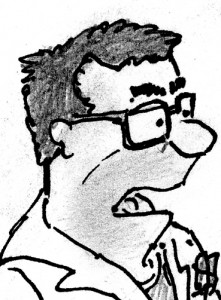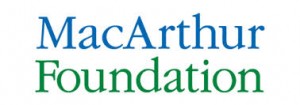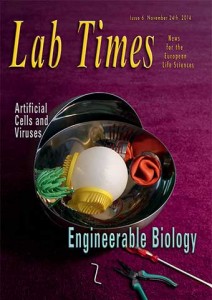
We’re pleased to share this guest post from Leonid Schneider, a cell biologist, science journalist and a prolific cartoonist whose work graces our Twitter profile and Facebook page. In it, Schneider argues for a new way to ensure accountability for publicly funded research.
It has become clear that scientific dishonesty is rarely sanctioned. In the worst case scenario, manipulated or fraudulent papers have to be retracted, yet scientists of a certain academic standing can weather retractions without much adverse effect on their careers or institutional budgets. Retraction Watch lists plenty of cases in which the full blame for retracted papers has been accepted by the first author, with the senior principal investigator (PI) continuing as nothing has happened. Cases of justice, like that of the HIV-vaccine fraudster Dong-Pyou Han, who has apparently accepted a plea bargain after losing his job at Iowa State University, which in turn had to forfeit part of a $14.5 million NIH grant to the lab in which he worked, are very rare.
The problem is that Continue reading What if universities had to agree to refund grants whenever there was a retraction?








